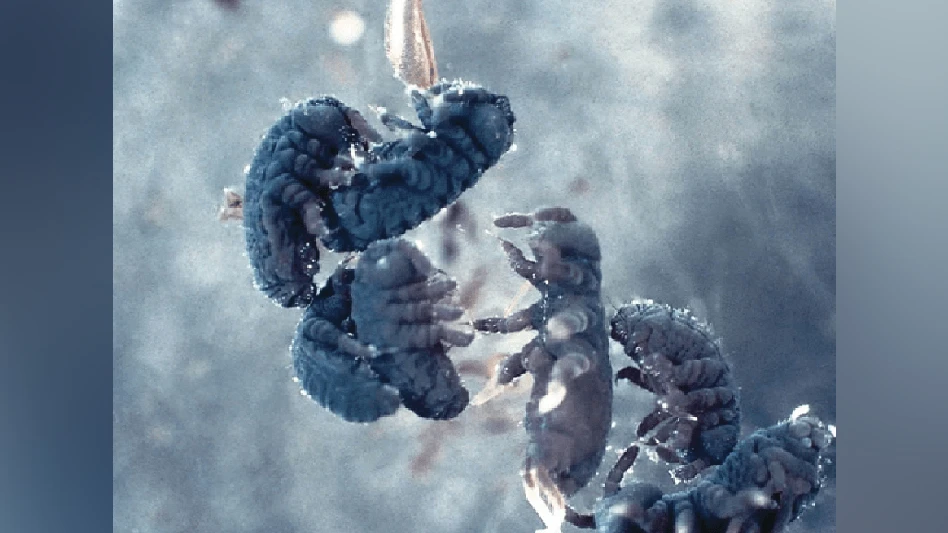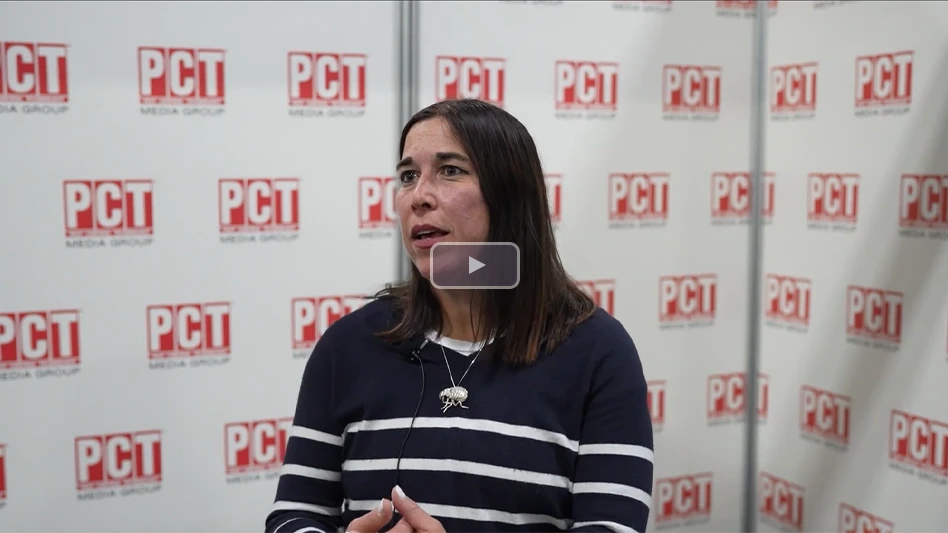West Nile Virus (WNV) has struck again and people in the Northeast are on alert. There have been countless news stories and TV reports about the mosquito-borne virus and the city has taken a variety of steps to prevent the disease’s spread. As of press time, three New Yorkers had been identified with the virus. Last summer, seven people died and 62 others were infected in the New York area.
The Centers for Disease Control (CDC) in Atlanta has been involved in the fight against West Nile Virus from day one. The Agency has joined forces with state and local health departments, various federal agencies and international experts in preventing the spread of the virus to humans. CDC works with other federal agencies to support local and state health departments as they implement recommended outbreak prevention and guidance plans.
CDC recommends that the WNV mosquito vectors should be attacked in their larval habitats before they emerge as adults. One of the Agency’s reports says, "EPA-approved chemicals known as ‘larvacides’ can be used to destroy immature mosquitoes."
So far, I haven’t heard anyone complaining about pesticide application in that region. I’m sure there have been those who were upset by pesticide spraying but I haven’t seen or read their quotes.
The reason, in part, may be because CDC, one of the world’s most admired health agencies, said such pesticide application is needed to prevent disease transmission. What’s frustrating for the pest management industry is that when we say it’s OK — even necessary — to use pesticides, pesticide opponents protest. But when an "official" agency (like CDC) says the same thing, people listen.
It’s unfortunate that the public doesn’t always listen to the pest management industry like it does CDC. After all, PCOs are the ones who are out in the field and know the dangers of insect pests (and not just about mosquitoes infected with WNV). PCOs have known for years about these threats but it takes a recognized group like the CDC to drive those points home to the public.
It’s easy to be "anti-pesticide" when there isn’t an immediate danger. Of course, when there’s a less compelling need (like you won’t get sick or die from a disease like WNV), no one wants their neighborhood sprayed with unnecessary pesticides. But when there’s a threat to families, pesticides that help prevent the threat of disease can’t be sprayed fast enough.
I think those who are opposed to pesticides probably have good intentions. But let’s hope in the future that they listen to PCOs a little sooner instead of waiting for someone else to tell them what PCOs have known for years.
The author is editor of PCT magazine.

Explore the September 2000 Issue
Check out more from this issue and find your next story to read.
Latest from Pest Control Technology
- Massey Services Gives Back to Several Organizations Over Holiday Season
- The Power of Clarity at Work: How Goals, Roles and Tasks Transform Teams
- Unusual Pests of New Homes
- 2024 Crown Leadership Award Winner Bill Welsh
- UC Riverside Scientists Study New Termite Treatment Methods
- Lindsay Hartnett Honored with First Annual Eco Serve HEARTS Award
- 10 Tips to Prevent Freeze Damage
- Island Conservation Unveils New Branding and Website to Support Global Island Restoration





